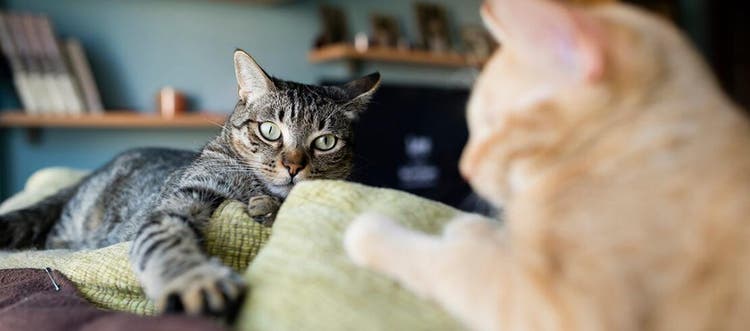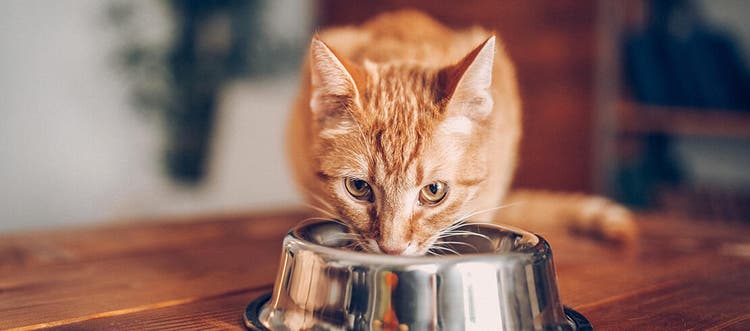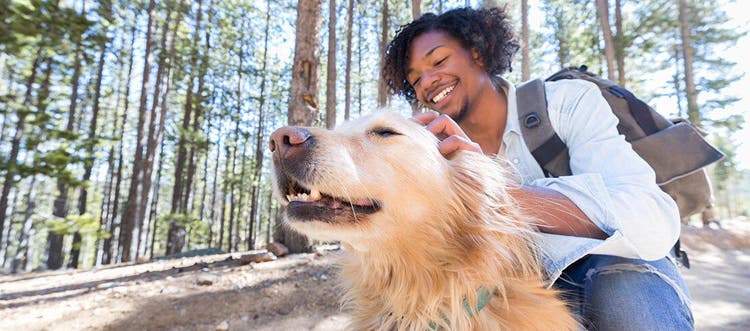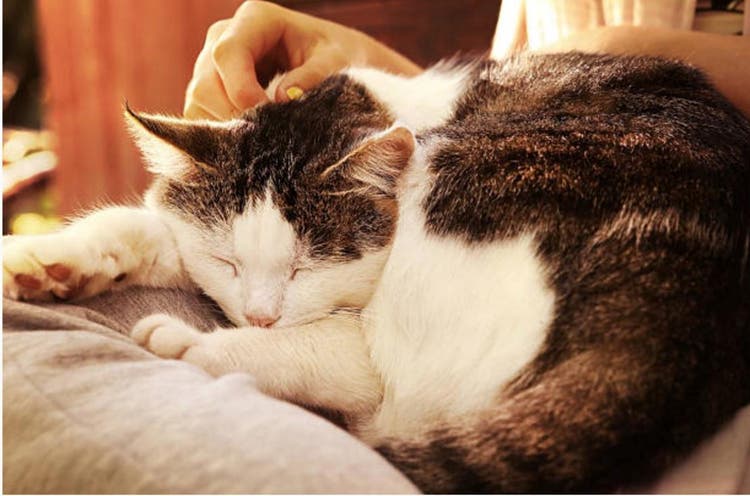Reviewed by Dr Abbie Lam DVM
Purring is a familiar sound to any cat owner, yet its significance often holds more depth than what meets the ear. Discovering the meaning behind your cat’s vocalisations can help you communicate better and deepen your bond.
Cats are surprisingly vocal animals, communicating with meows, trills, hisses, growls, yelps and shrieks. But perhaps the most enchanting and mysterious noise they make is the purr. There’s something relaxing – almost hypnotic – about this unique and frankly odd animal vocalisation. But what does it mean?
Why cats purr
A cat’s purr can have a number of different meanings that can give owners an understanding of their well-being and communication. Here are four reasons why your cat may be purring:
1. Cats purr because they are content
Cats often purr when they’re nestled in warmth and comfort, such as on a warm and cosy lap.
2. Cats purr to calm themselves
Contrary to popular belief, cats don’t just purr when they’re relaxed. They can also purr as a self-soothing mechanism in moments of stress or discomfort, such as during vet visits or even when giving birth to kittens.
Scientists now believe that cats purr to calm themselves down, meaning they’re just as likely to do it in a stressful or painful situation as they are when curled up in someone’s lap. The low-frequency vibrations of purring help them ease their breathing and soothe tension.
3. Purring helps with healing
Purrs do more than simply calming down your cat. Scientists also suggest that the vibrations produced during purring injuries, repair and build muscles, even act as a painkiller which might explain why injured or sick cats choose to expend valuable energy on purring. It might also explain why cats appear to recover more quickly than dogs from surgery and suffer fewer complications.
4. ‘Solicitation purrs’ help your cat ensure their needs are met
Purring can also aid your cat in more direct ways. Scientists have identified a particular type of purring, known as the ‘solicitation purr’, that cats appear to use exclusively as a means of obtaining something from their owner – either affection or food.
The ‘solicitation purr’ is a cross between a meow and a purr and is close in frequency to the sound of a crying baby – a noise we are naturally programmed to respond to.
A cat's purr could benefit humans
A cat's purr could have benefits for humans, too. A long-term study carried out by the University of Minnesota Stroke Centre found that cat owners were less likely to die from cardiovascular disease compared to non-cat-owners - and some people have suggested that exposure to purring might be part of the reason for this.
What if my cat doesn’t purr?
Each cat purrs in a different way and at a different volume. Some cats purr in almost complete silence, and the only way to tell they are doing it is by touching their neck or throat to feel the vibration. That said, other cats don’t appear to purr at all, and, barring an injury to the vocal cords, scientists are still trying to understand why.
Feral cats are more likely to be non-purrers than domestic cats, leading to a theory that feral cat mothers discourage purring in their kittens to prevent them from attracting predators.
Scientists also note that feral cats are much less vocal than their domesticated counterparts, often only meowing and purring as kittens, and abandoning the habits during adulthood. This may be because domestic cats developed their vocal tendencies to better communicate with humans. A purring cat may solicit petting or treats, and a meowing cat may get dinner faster than a quieter companion.
Reference:
Qureshi AI, Memon MZ, Vazquez G, Suri MF. Cat ownership and the risk of fatal cardiovascular diseases: results from the Second National Health and Nutrition Examination Study Mortality Follow-up Study. J Vasc Interv Neurol. 2009 Jan;2(1):132.



